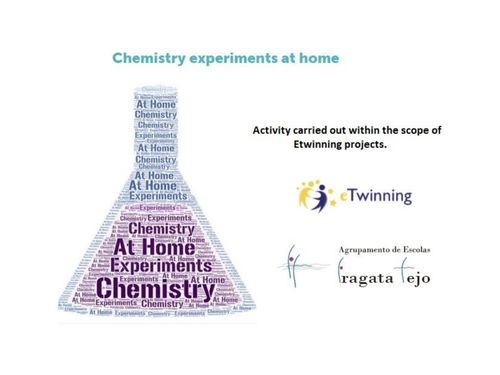A revolução Tecnológica e o fim de milhões de empregos
Fórum Económico Mundial diz que revolução tecnológica poderá eliminar cinco milhões de empregos até 2020.

A Siemens Portugal foi uma das empresas convidadas pelo Governo para pertencer a um grupo de trabalho para fomentar a Indústria 4.0, também designada por quarta revolução industrial. A ideia do Executivo é simples: criar um comité estratégico para «estar na linha da frente» e quer que as empresas ajudem a definir as prioridades em matéria de digitalização da economia.
Ao todo participam mais de 60 empresas que representam 25% do produto interno bruto (PIB) nacional, mais de 30% do emprego e as suas exportações ascendem a mais de 50% de tudo o que o país exporta. Estas empresas estão inseridas em quatro grupos de trabalho: agro-indústria, automóvel e moldes, retalho e moda e finalmente turismo. Para o secretário de Estado, João Vasconcelos, a digitalização é um «fator crítico de sucesso» e as empresas que «não estiverem dispostas ou aptas a usar as novas tecnologias para se tornarem mais flexíveis e exigentes, não vão conseguir operar no mercado global e, no médio prazo, irão desaparecer».
O responsável diz ainda que a mudança a que estamos a assistir é ditada pela «evolução a um ritmo alucinante da tecnologia, mas também por consumidores mais informados e poderosos, que exigem maior costumização, celeridade e transparência».


